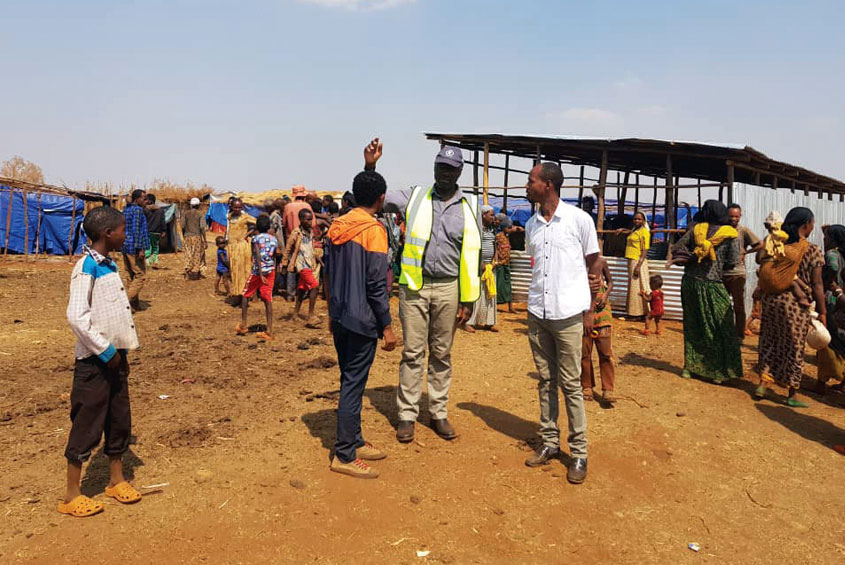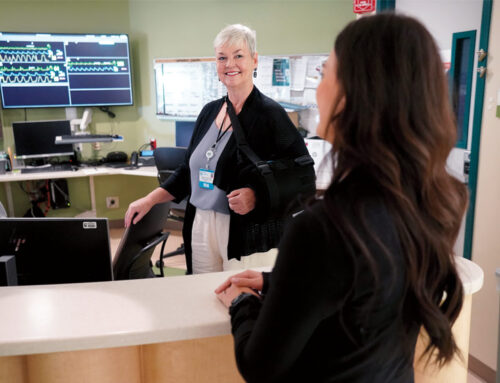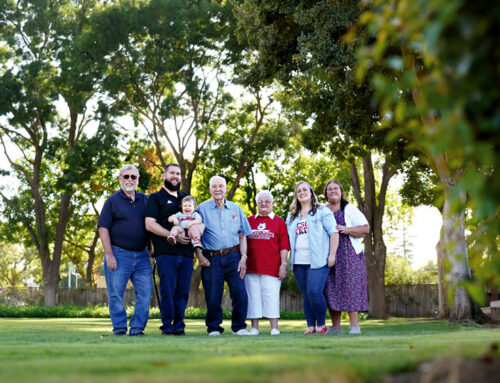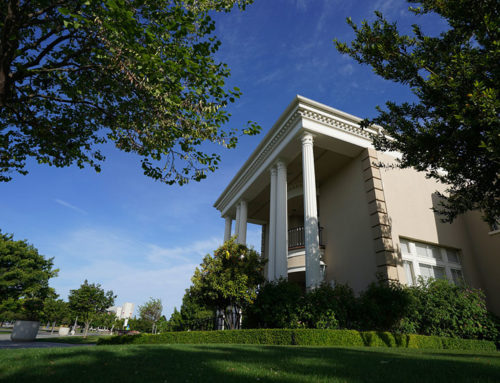NOBLE WORK, NOBEL PRIZE
World Food Programme earns Nobel Peace Prize with the help of an alumnus who is passionate about feeding the hungry
By Geoff Thurner
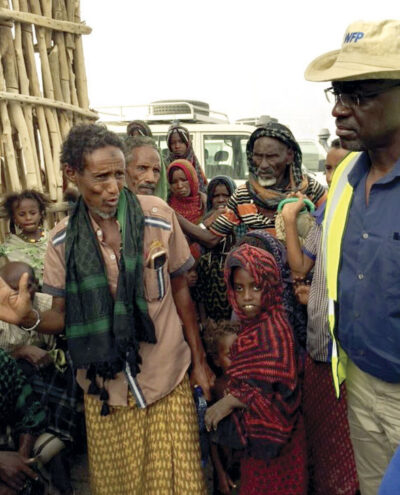
A 1986 Fresno State agricultural business graduate, Dr. Steven Were Omamo (far right) helps the World Food Programme provide food and support to an annual average of 8 million people in Ethiopia—an effort that led to the organization being awarded a 2020 Nobel Peace Prize.
Dr. Steven Were Omamo was at his desk at the World Food Programme office in Addis Ababa, Ethiopia this past October when he glanced at his phone and saw a message that his organization had been awarded the 2020 Nobel Peace Prize.
For Were, a 1986 Fresno State agricultural business graduate, it was a landmark moment in an already remarkable career. For most of the past 15 years, he has overseen a variety of areas for the global leader in food assistance that will help feed over 100 million people in 88 countries this year.
As the World Food Programme representative and country director for Ethiopia, he helps facilitate resources to address acute hunger or need related to emergencies, natural disasters, outbreaks and conflicts. He also leads efforts that focus on root causes of hunger, such as lack of access to water or markets.
“We were stunned, overjoyed and humbled,” Were says of the Nobel prize. “To have the world take notice of our work is so special given the communities we see in need every day. Even though conditions facing these communities can be shocking, there’s always deep resilience to be found. The human spirit is strong and can always be reaffirmed by help and generosity.”
He first learned about Fresno State as a senior at St. Mary’s High School in Nairobi, Kenya while searching an American university reference book for respected agricultural programs.
His father, William Odongo Omamo, recommended the Central Valley.
His father had seen California’s large-scale farming as a graduate agriculture student at Oregon State University in the 1960s and understood the potential applications. One of Kenya’s most successful sugar growers, William and Were’s mother, Joyce Achola Omamo, built a diversified 3,000-acre farming operation in the fertile, highland region.
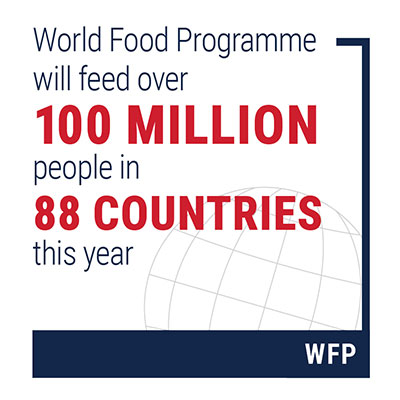 “My father used to say ‘you eat your sweat,’ and that mentality fueled him to expand his operations and achieve great things,” Were said. “Fourteen of my siblings went to university, and the other (sibling) also chose a post-secondary program.”
“My father used to say ‘you eat your sweat,’ and that mentality fueled him to expand his operations and achieve great things,” Were said. “Fourteen of my siblings went to university, and the other (sibling) also chose a post-secondary program.”
Were vividly remembers arriving in Fresno in the summer of 1982. An airport thermometer read 112 degrees. There to greet the 19-year-old at the terminal were Dr. John Shields, an agricultural economics faculty member, and his wife, Elizabeth Shields, a campus finance lecturer, who had kindly agreed to serve as his host family. Both were named at this year’s Top Dog Alumni Awards.
Like many college students, Were explored multiple academic directions initially and took a variety of general education and science courses. However, he settled on agricultural business as a major as a junior after John, who died in 2018, returned from a stint in Washington D.C. with USAID, an international development and assistance organization.
“John and Liz were so generous to me,” Were said. “Besides John’s advising, they were always there to help me, whether to find my first apartment, inviting me to Thanksgiving celebrations or offering advice on graduate school. I didn’t go back to Kenya for four years, so Fresno State truly was my home. The Shields, and the large group of international students that were on campus, were like a family to me.”
International students were like family to the Shields, too, who met in Botswana, where both were teaching at the time. They arrived on the Fresno State campus in 1978, and eventually hosted other exchange students from Uganda and Botswana.
“John and Were really had a connection through ag economics,” Liz Shields says. “Were was part of a group of high-achieving students that John saw a lot of potential in, so he had them work on research papers and pre-graduate school curriculum. Were had an impressive poise and bearing even back then, and we felt like he had a lot ahead of him professionally, so John encouraged him to go as far as he could.”
That connection has endured for decades through emails, phone calls and occasional visits, no matter what continent Were was on.
Today, in the third year of Were’s current position, he oversees programs that work with a network of government agencies, suppliers, shipping and storage channels to provide food assistance and related support to an annual average of 8 million people in Ethiopia, 700,000 of whom are refugees from neighboring countries.
— Geoff Thurner is a communications specialist for the Jordan College of Agricultural Sciences and Technology at Fresno State.

